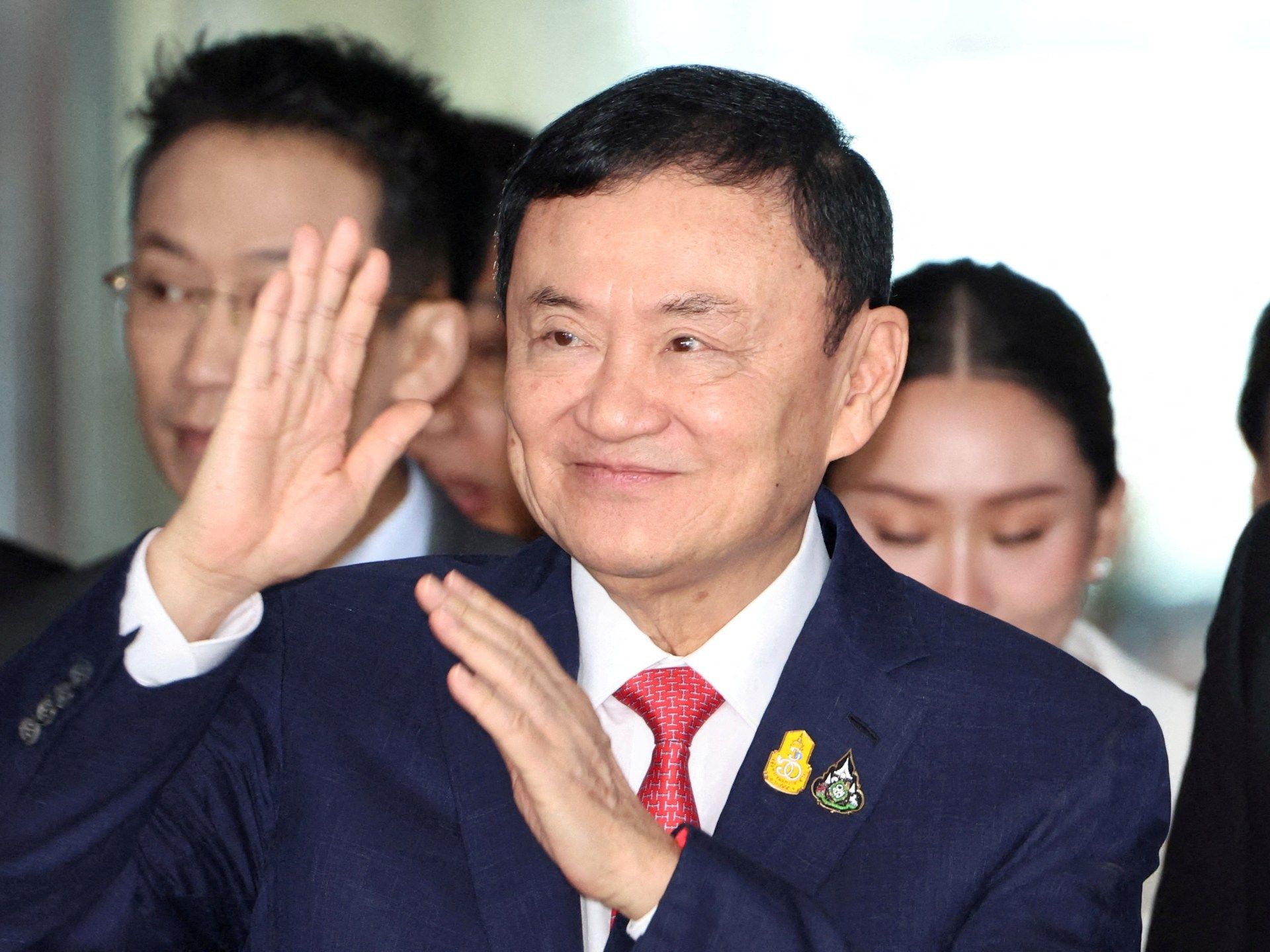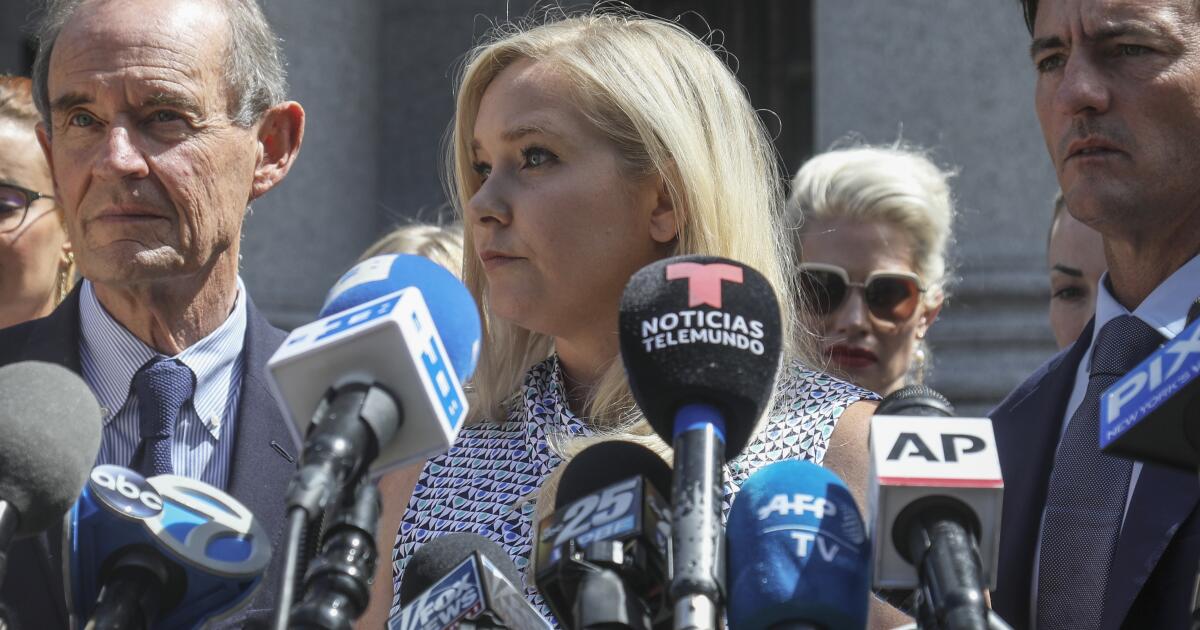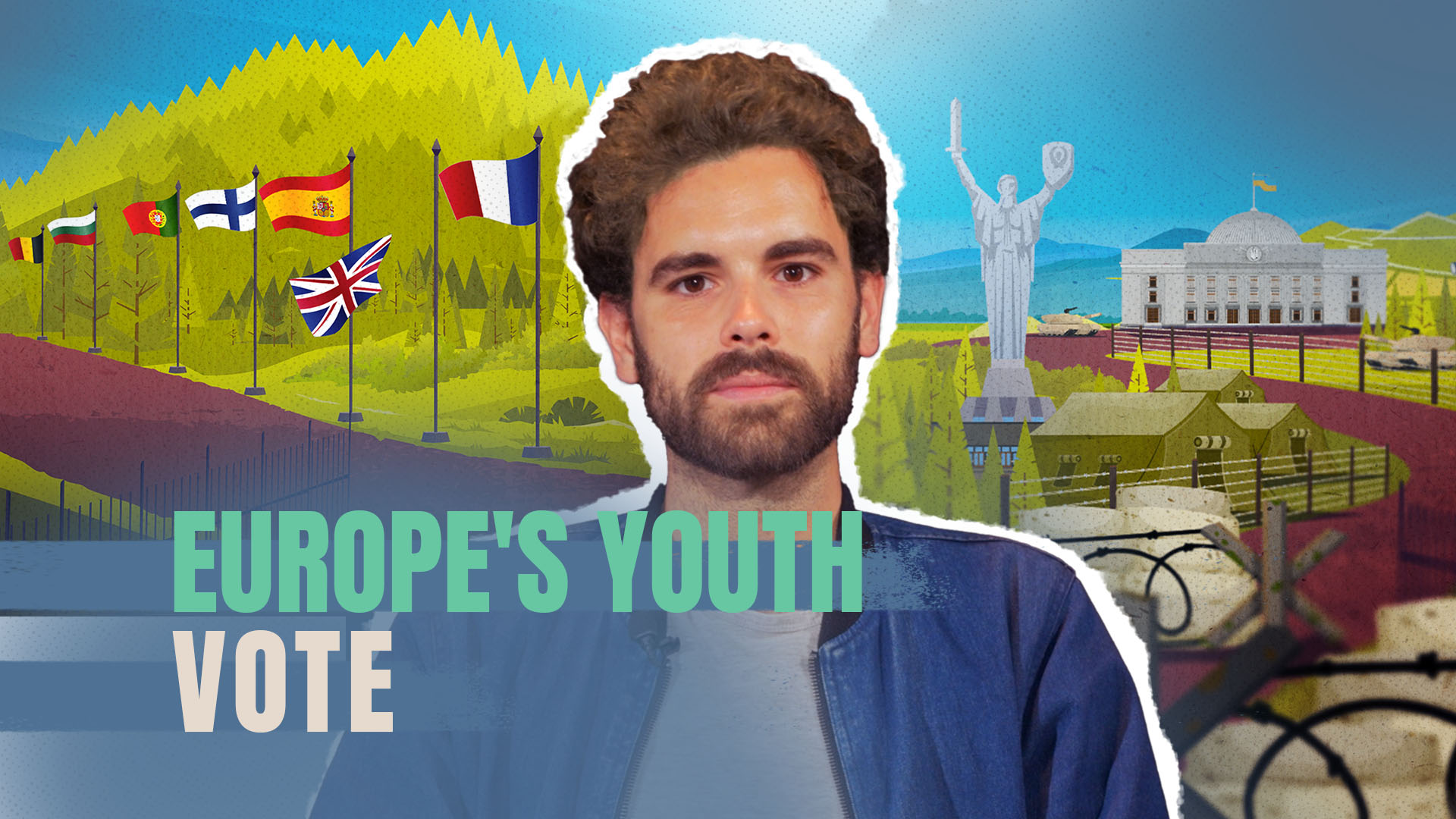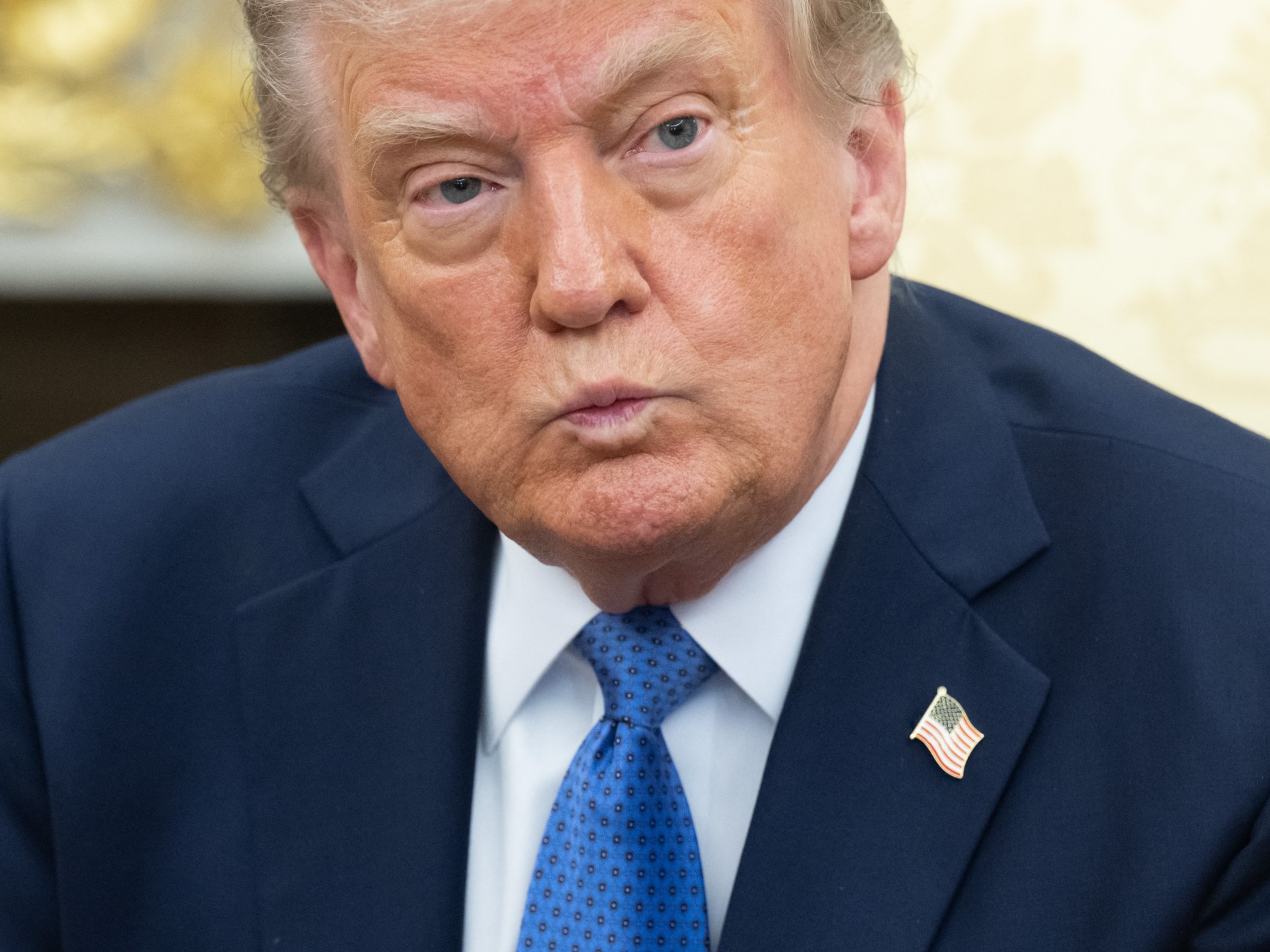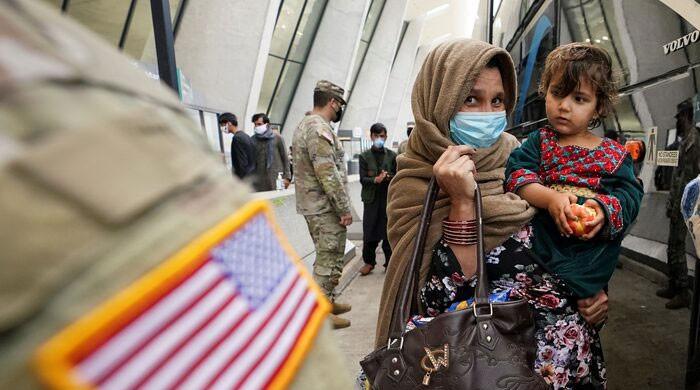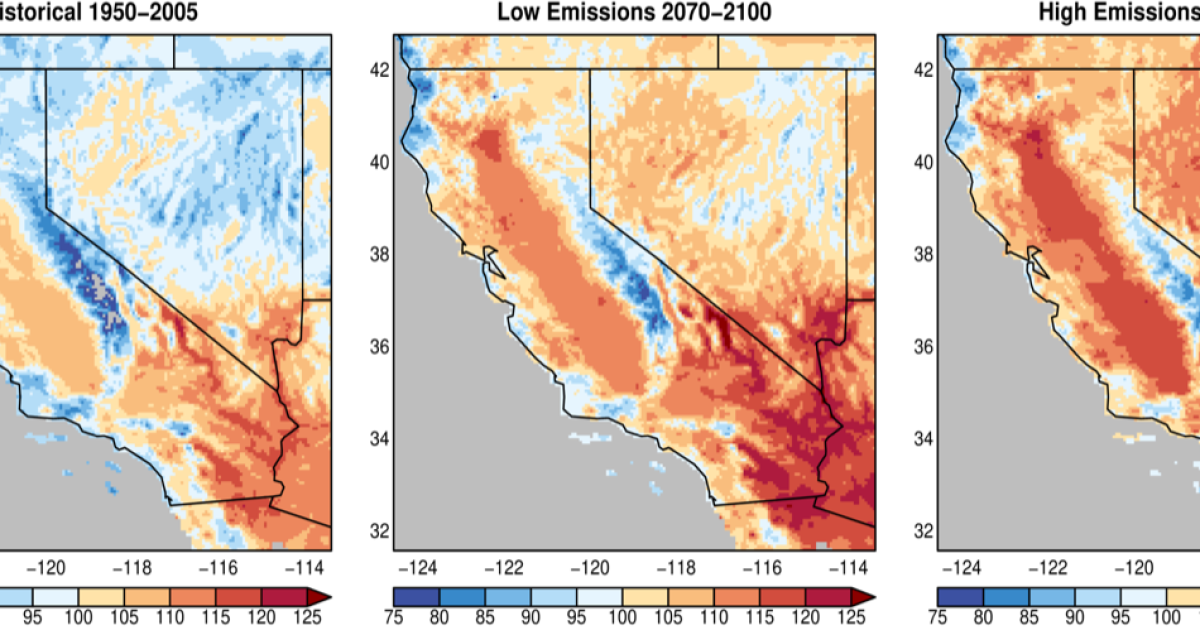Although he was granted parole, Thaksin could face more legal problems over charges of insulting the monarchy in 2015.
Jailed former Thai Prime Minister Thaksin Shinawatra will be freed on Sunday, just six months after returning to the country from more than 14 years of self-imposed exile.
Speaking to reporters on Saturday, Prime Minister Srettha Thavisin said Thaksin's release would be “on the 18th” and would be handled “in accordance with the rule of law.”
Thaksin was granted parole earlier this week, but until now was unsure when he would be released. Sunday is the first day of his eligibility for parole.
Justice Minister Tawee Sodsong said earlier this week that Thaksin, 74, would be among 930 prisoners granted early release.
Thaksin could still face more legal problems as prosecutors are considering charging him with insulting the monarchy during a media interview in 2015.
The billionaire who made his fortune in the telecommunications business was jailed for eight years on charges of corruption and abuse of power upon his return to Thailand in August. His sentence was reduced to one year by King Maha Vajiralongkorn and he has served six months in hospital detention due to an undisclosed health problem.
His return home coincided with the return of his Pheu Thai Party to government in alliance with pro-military parties, leading many to conclude that a deal had been reached to reduce his prison sentence.
Rumors grew stronger when he was transferred to a police hospital within hours of being sentenced due to poor health, and it is unclear whether he spent any time in a prison cell.
Local media reported that Thaksin was suffering from chest tightness and high blood pressure when he was admitted to hospital, and his family said he had undergone two operations in the following months.
Srettha is from the Pheu Thai Party led by Thaksin's youngest daughter, Paetongtarn Shinawatra. She formed a government after elections last May, in which the progressive Move Forward Party won the most votes, but was prevented from taking power by still-powerful elements linked to the military and the traditional elite.
The former prime minister came to power in 2001 on a populist platform that appealed to rural Thais who had long been neglected by the country's ruling elite. He returned to office in a landslide five years later, but in September 2006, when Thaksin was in New York preparing to address the United Nations, the military seized power in a coup.
Before being convicted of abuse of power and going into exile, mainly in Dubai, Thaksin was accused of serious human rights abuses amid violent conflict in the country's largely Muslim southern provinces and a “war on drugs.” , which killed thousands of people.

